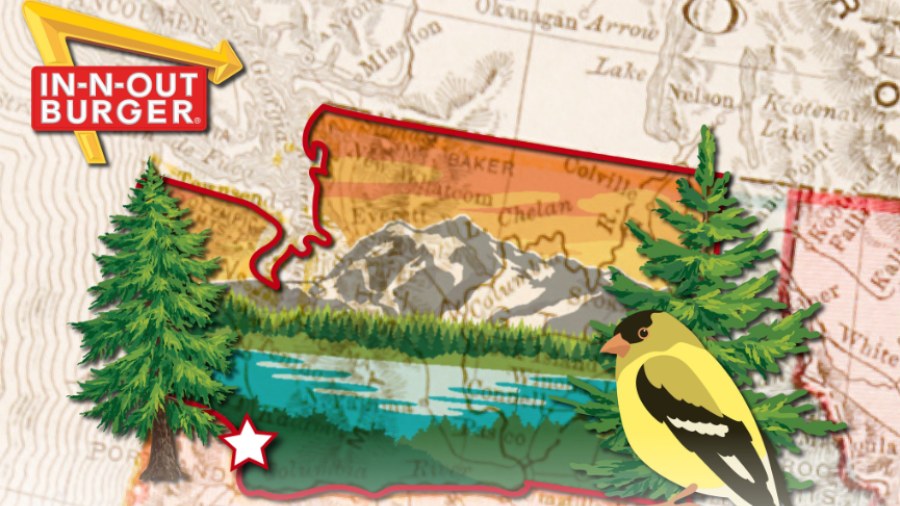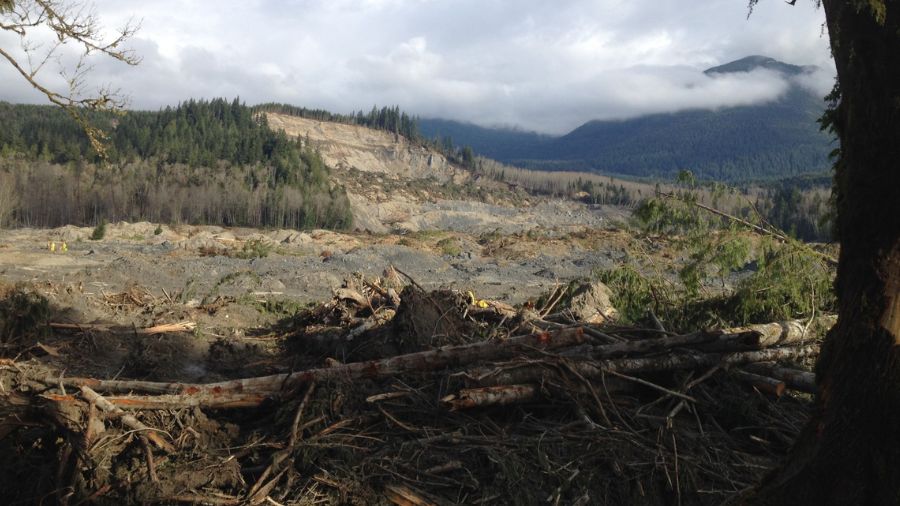Trio of Cascade fires expected to push smoke into Western WA through Sunday
Sep 9, 2022, 11:29 AM | Updated: 1:23 pm

Elliot Bay along the Seattle waterfront (JamesInOregon)
(JamesInOregon)
Three fires burning in the North Cascades and near Lake Wenatchee have brought “a substantial plume of smoke” into Western Washington. Air quality is expected to improve by Sunday afternoon, according to University of Washington meteorologist Cliff Mass.
The Puget Sound region is experiencing an easterly wind, carrying smoke from the Cascades.
Smoke set to envelop Seattle as heat and wildfire danger increases this weekend
By early afternoon Friday, the smoke will have enveloped “much” of the northern parts of Oregon, central Puget Sound, and southwest Washington, according to Mass.
The smoke originates from three fires: the Chilliwack Complex and Pasayten fires in the North Cascades and the White River fire northwest of Lake Wenatchee.
High Fire Danger Friday through the weekend. Be firewise. #wawx pic.twitter.com/Af8AH7NJcQ
— NWS Seattle (@NWSSeattle) September 8, 2022
The White River fire has been ongoing since the middle of August. It currently burns more than 2,000 acres near Plains, Washington, according to the Northwest Interagency Coordination Center. The fire remains 1% contained as of Sept. 7 and threatens nearly 100 residences.
Further to the north, near the Canadian border, the Chilliwack Complex and Pasayten Fires burn nearly a combined 6,000 acres of forest.
The next few days will be critical for their management as warm, dry, and windy conditions could exacerbate a fire that remains 0% contained. The National Weather Service has issued a “red flag warning,” meaning that fire danger will be critical while those conditions persist.
This weekend, low-level wind flow will warm and dry the air mass across Western Washington, pushing temperatures well above mid-September averages and relative humidities quite low. The winds are also bringing wildfire smoke from east of the Cascades westward, according to meteorologist Ted Buehner.
The dry warm conditions, together with dried-out vegetation from the lack of rainfall since June, elevates the fire danger in Western Washington.
By Sunday, this wind flow will ease and permit ocean breezes from the Pacific to begin to spread onshore for some cooling and start the process of flushing out the wildfire smoke.














